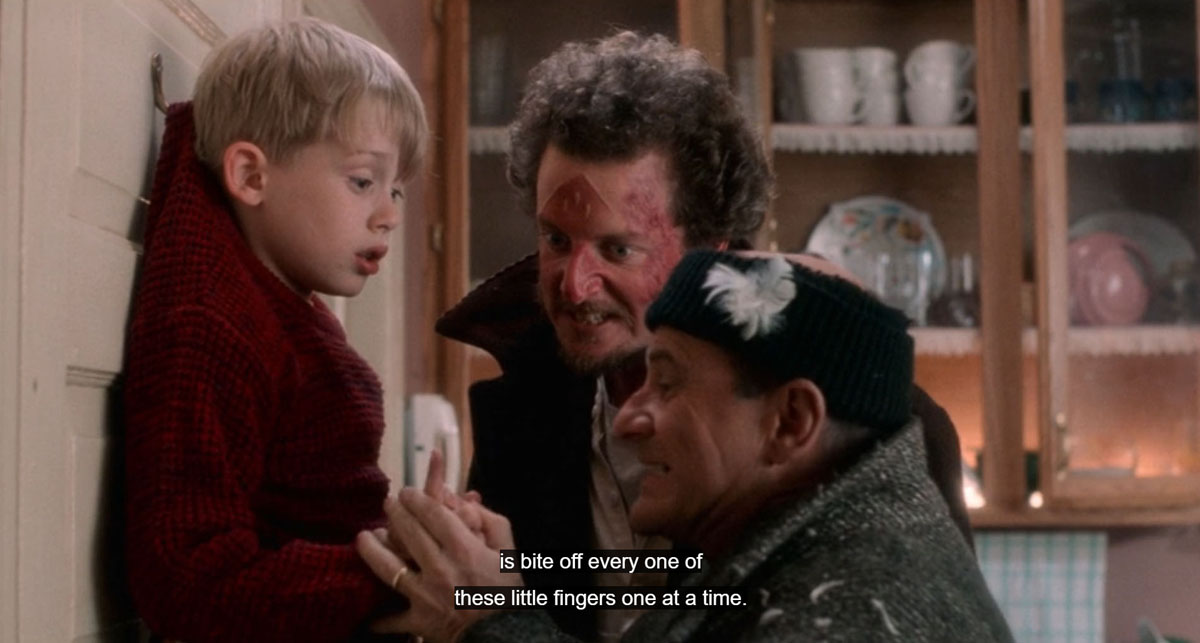ARTICLE AD
George Carlin once noted that “bulls**t is truly the American soundtrack.” Well, today the music got just a little bit more authentic – at least online.
A little more than two months since the estate of the comedy genius took the creators of an AI generated special that uses Carlin’s style and voice to court, the parties have settled.
“Defendants are hereby PERMANENTLY RESTRAINED AND ENJOINED FROM uploading, posting or broadcasting the Dudesy Special on the Dudesy Podcast, or in any content posted to any website, account or platform (including, without limitation, YouTube and social media websites) controlled by Defendants,” a proposed injunction order submitted Tuesday in federal court from both sides says. “Defendants are hereby PERMANENTLY RESTRAINED AND ENJOINED FROM using George Carlin’s image, voice or likeness on the Dudesy Podcast, or in any content posted to any website, account or platform (including, without limitation, YouTube and social media websites) controlled by Defendants without the express written approval of the Plaintiffs,” the filing adds against defendants Will Sasso and Chad Kultgen.
In point of fact, Sasso and Kultgen took down the offending digital special on January 31, six days after the Carlin estate sued them. As of right now, US District Judge Maame Ewusi-Mensah Frimpon has not yet signed the order, according to the case docket.
Even so, unless the Dudsey podcast hosts violate the deal, that’s the end of it.
Kind of.
Carlin’s daughter Kelly Carlin believes the case reflects a potential larger cultural and creative crisis out of the volcanic rise of AI.
“I am pleased that this matter was resolved quickly and amicably, and I am grateful that the defendants acted responsibly by swiftly removing the video they made,” Carlin said in a statement sent to Deadline today. “While it is a shame that this happened at all, I hope this case serves as a warning about the dangers posed by AI technologies and the need for appropriate safeguards not just for artists and creatives, but every human on earth.”
Nightmare scenarios pulled from The Matrix and Terminator franchises aside, the dramatic advances in artificial intelligence in just the past year since ChatGPT went live make it almost certain that vast shifts in almost every aspect of our lives and society are coming. As the Biden administration, the EU, Hollywood unions and many more try to put guardrails in place to at least corral the pace of change, the pros and cons of AI appear to be in a pedal to the metal race for dominance.
In the case of Carlin’s work and persona, the one-hour George Carlin: I’m Glad I’m Dead special that dropped on You Tube on January 9 didn’t even make much of an effort to sidestep the legal potholes. Claiming “for the next hour I’ll be doing my best George Carlin impersonation just like a human being would. I tried to capture his iconic style to tackle the topics I think the comedy legend would be talking about today,” the lame graphics filled presentation was a clear “bastardization of Carlin’s real work,” the copyright infringement complaint declared of the comic, who died at the age of 71 in 2008.
The filing sought an injunction, as the settlement achieved, and damages, which were not revealed in today’s paperwork, if they even were granted.
“This settlement is a great outcome for our clients and will serve as a blueprint for resolving similar disputes going forward where an artist or public figure has their rights infringed by AI technology,” said Carlin estate attorney Joshua Schiller after the proposed order was filed.
“Our goal was to resolve this case expeditiously and have the offending videos removed from the internet so that we could preserve Mr. Carlin’s legacy and shine a light on the reputational and intellectual property threat caused by this emerging technology,” the Boies Schiller Flexner LLP partner added “The world has begun to appreciate the power and potential dangers inherent in AI tools, which can mimic voices, generate fake photographs, and alter video. In recent months, there has been a wave of high-profile examples, from the fake Joe Biden robocall in New Hampshire to multiple rounds of AI-generated nude photographs of celebrities. This is not a problem that will go away by itself. It must be confronted with swift, forceful action in the courts, and the AI software companies whose technology is being weaponized must also bear some measure of accountability.”
Whether this instance will be a blueprint for ending or stopping future such AI generated occurrences, you know this is just the first of many times the dead will be digitally resurrected as the technology becomes more widespread – and that’s no bulls**t.

.png) 8 months ago
38
8 months ago
38 

